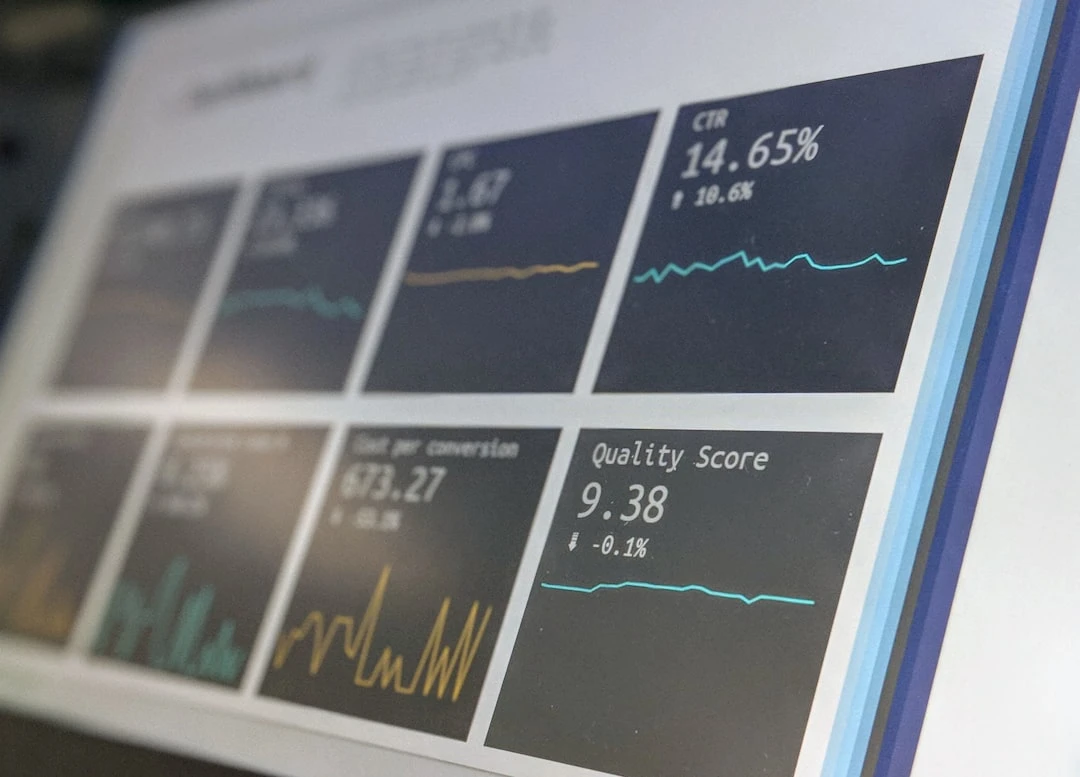4 Important Changes to Consider in Real Estate Transactions in the New Year

In 2025, a number of important tax law changes will take effect and new fee rates will be established. Urmas Uibomäe, the managing director of the Kinnisvara24 portal, explains four main changes that need to be considered when conducting real estate transactions.
Euribor continues its downward trend
The six-month Euribor has declined significantly, reaching 2.562 percent. This is a notable change compared to October 2023's record high of 4.1 percent. According to experts, the downward trend is expected to continue, and by the end of 2025, Euribor could fall below two percent.
The positive development has already invigorated the lending market – both individuals and companies have become more active in borrowing. The predicted decline in Euribor should further improve people's borrowing capacity and stimulate the housing market. Although real estate prices are expected to remain stable, an increase in transaction volumes is anticipated.
VAT increase affects new construction prices
From 1 July 2025, the VAT rate will increase from 22 percent to 24 percent. This will make construction more expensive and raise the price of new apartments. As construction costs increase, developers will be forced to raise the prices of new apartments and houses in the future.
VAT taxes the sale of new real estate. Regardless of whether an apartment, house, or commercial space is being sold, if the sale takes place before the real use begins, VAT must be added to the sale price.
Under the previously valid VAT law, a building lost its "new" status immediately after its first use. This meant that when sold later, no VAT had to be added. With the VAT law amendment entering into force from 1 January 2025, a building is considered "new" throughout the entire first year of use. If the building is sold within that first year, VAT must be added to the sale price. This change brings Estonian law more in line with the EU VAT Directive, which allows member states to define the age of a new building as up to two years. Estonia chose one year as the threshold.
For example, if a VAT-liable person purchased a new apartment property in November 2024 and immediately put it into use tax-free (rented it out as a residential space long-term). After the rental agreement ended in May 2025, they sold the apartment property, and since the sale took place within one year from the initial use, VAT must be added to the sale price as a matter of obligation.
VAT applies only to new developments; VAT is not added to secondary market prices.
Notary fees are increasing
At the beginning of the new year, the Ministry of Justice's draft proposal to increase notary fees from 1 March 2025 will reach the government's desk. Upon adoption of the proposal, fees will increase significantly – for example, for the transfer of a real estate property valued at 9000 euros, instead of the current 50.90 euros, one will have to pay 120 euros. The increase in notary fees related to property sale agreements connected with mortgage registration is, using the example of an average county transaction value, the smallest in Tartu County (22.5%) and the largest in Ida-Viru County (85.9%). In Harju County, fees would increase by 25.5%. However, due to high real estate sale prices in Harju County, the average notary fee in the new year will also be the highest there (884 euros) and lowest in Ida-Viru County (240 euros). The notary fee changes are still at the draft stage and may be subject to change.
Housing loan interest tax deduction disappears
Individuals will no longer be able to deduct housing loan interest from their taxable income. When purchasing a residential property or apartment, individuals could last deduct loan or lease interest on the tax return filed for 2023. For the tax return filed for 2024, housing loan interest can no longer be deducted.




